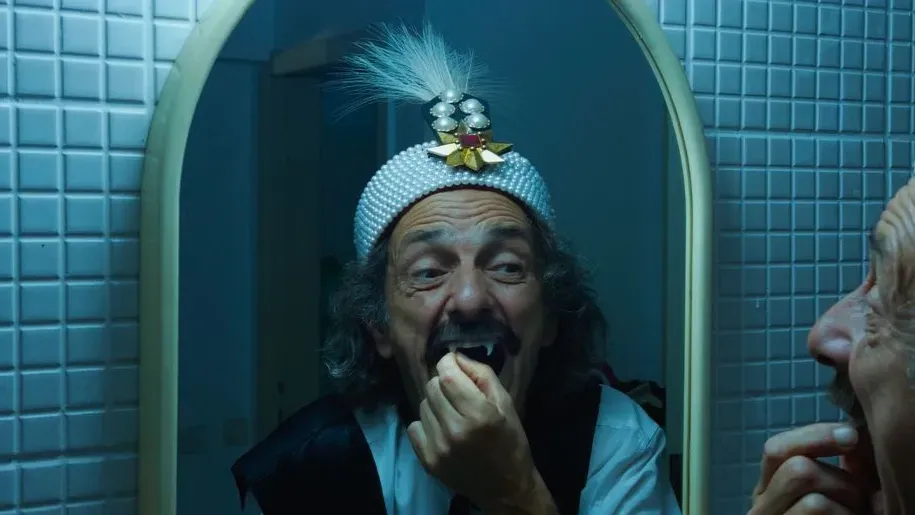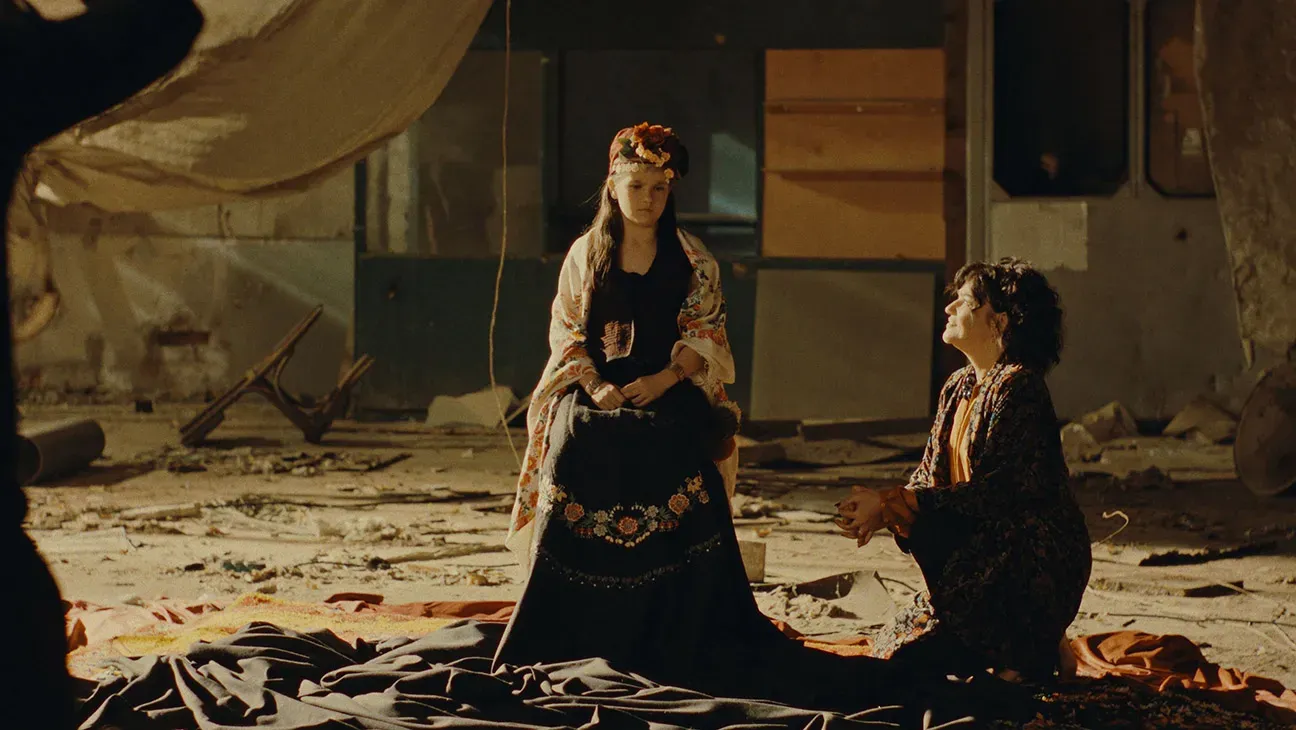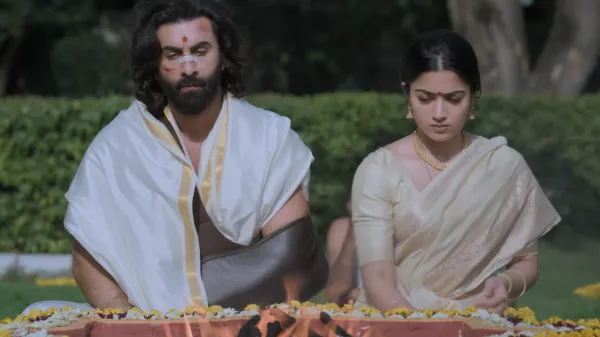
Intriguing and Bizarre Interpretations in Radu Jude's Dracula
- Aug 17, 2025
Count Dracula's tale, a creation of an Irish writer from the 19th century, is deeply rooted in Romania. Dracula, an iconic vampire character domiciled in an elusive castle in the Carpathian Mountains, draws inspiration from Vlad the Impaler, a notorious medieval figure recognized for his barbaric torture methods. Coming from Transylvania, Vlad's name is associated with vampirism, culminating in a large variety of products and stories, including Hollywood blockbusters and inventive Halloween get-ups.
Interestingly, it was only a matter of time before an acclaimed Romanian director would decide to elaborate on this legendary vampire. The significance of this undertaking lies in the outcome produced by Radu Jude: a daring yet challenging cinematic piece named 'Dracula'. Drawing comparisons to a Monty Python sketch stretched to extreme lengths, Jude's film emerges as an intriguing fit for vampire devotees or fans of the director, known for his vast array of works spanning political satires, historical dramas, and coming-of-age stories.
Nevertheless, 'Dracula' redefines Jude's experiences as a filmmaker, presenting a sprawling narrative that doesn’t adhere to conventional structures. The film is filled with poignant political statements, humor, fatalism, and features that appear to have been deliberately incorporated, challenging norms and introducing novel takes on the vampire tale. Its main themes of vampirism are presented in distinct chapters, each reflecting various forms and interpretations, such as historical, political, and even sexual impacts.

Jude’s dive into unconventional filmmaking isn’t immediately clear in its connection to Dracula. He portrays the titular character as the ideal embodiment of capitalist exploitation, however, vampires themselves have been exploited for financial gain, thus reiterating the cyclical nature of such practices. Dracula, as a symbol, is linked to the exploitation of workers in a segment depicting video game creators fighting against a tyrant boss. This theme is contiguous with Jude's previous works that showcased societal and political upheavals in his native country.
'Dracula' has been intricately designed to evoke reactions, though not necessarily praise. While it reflects on various aspects of our increasingly exploitative world, its message is somewhat elusive and unconventional. His film's subpar quality seems to ridicule the influx of AI-addled visuals on social and streaming platforms. Despite its ambitious critique, 'Dracula' faces the challenge of ensuring its message resonates with viewers and withstands the test of time akin to the vampire legend itself.







